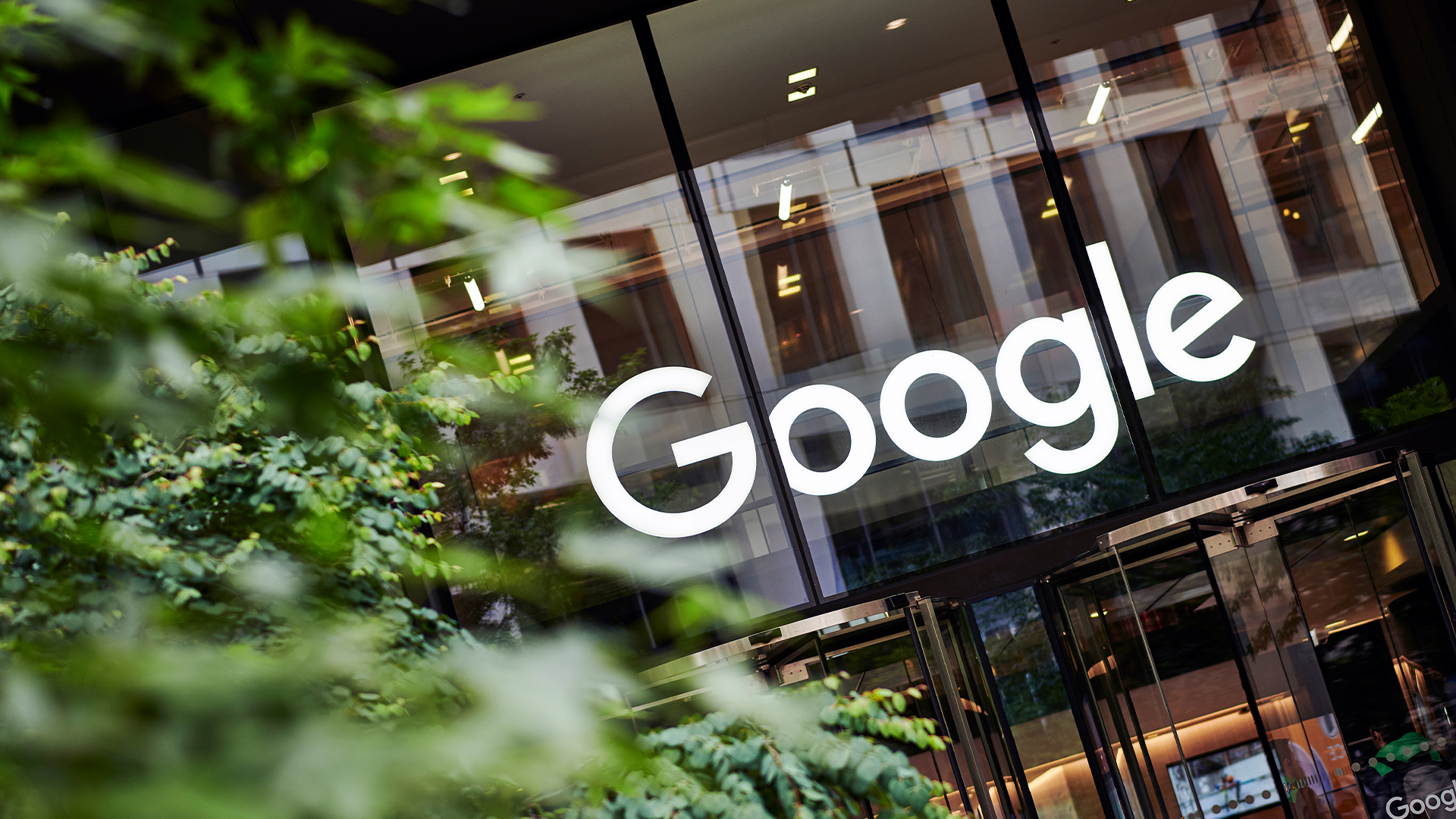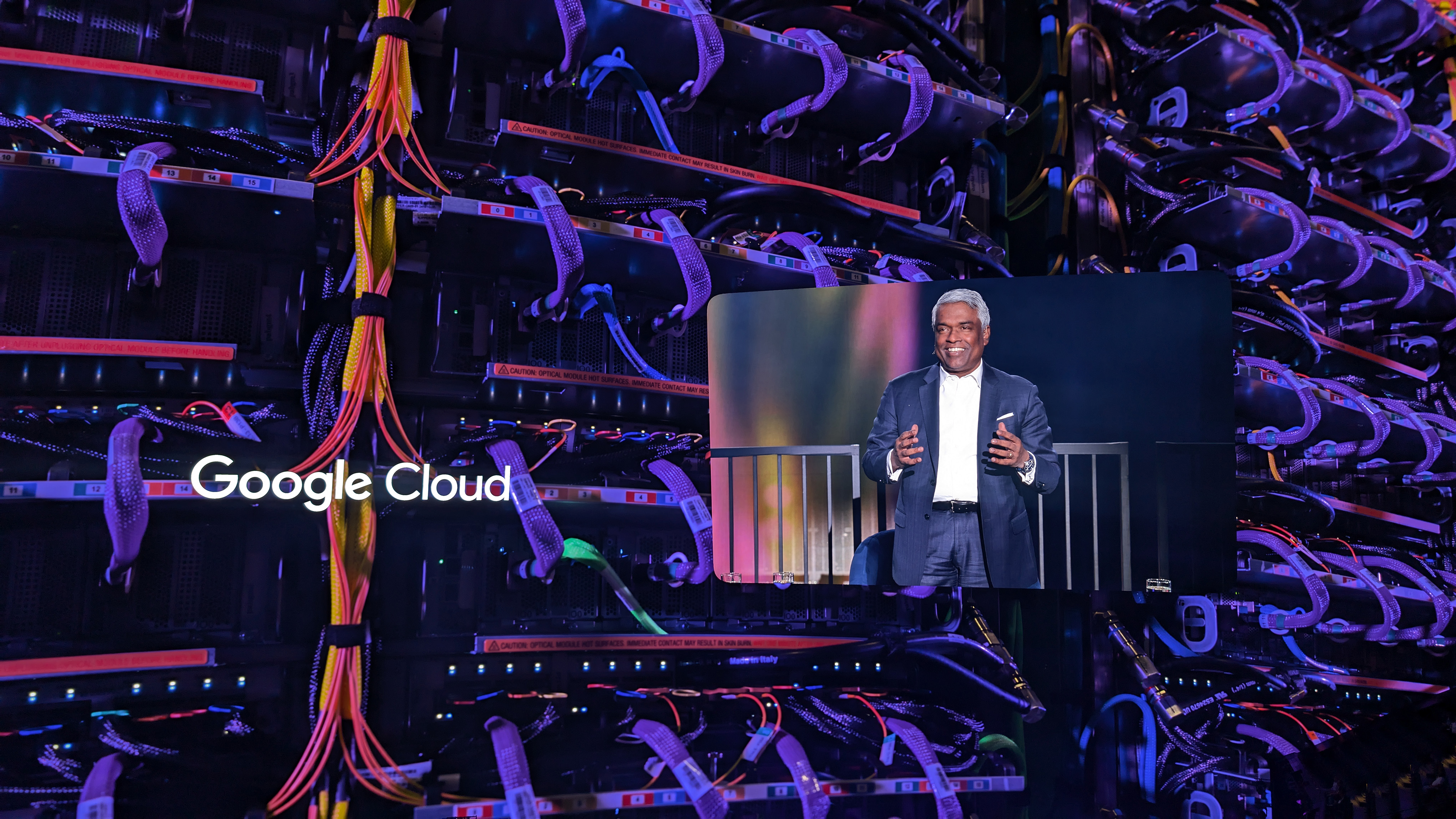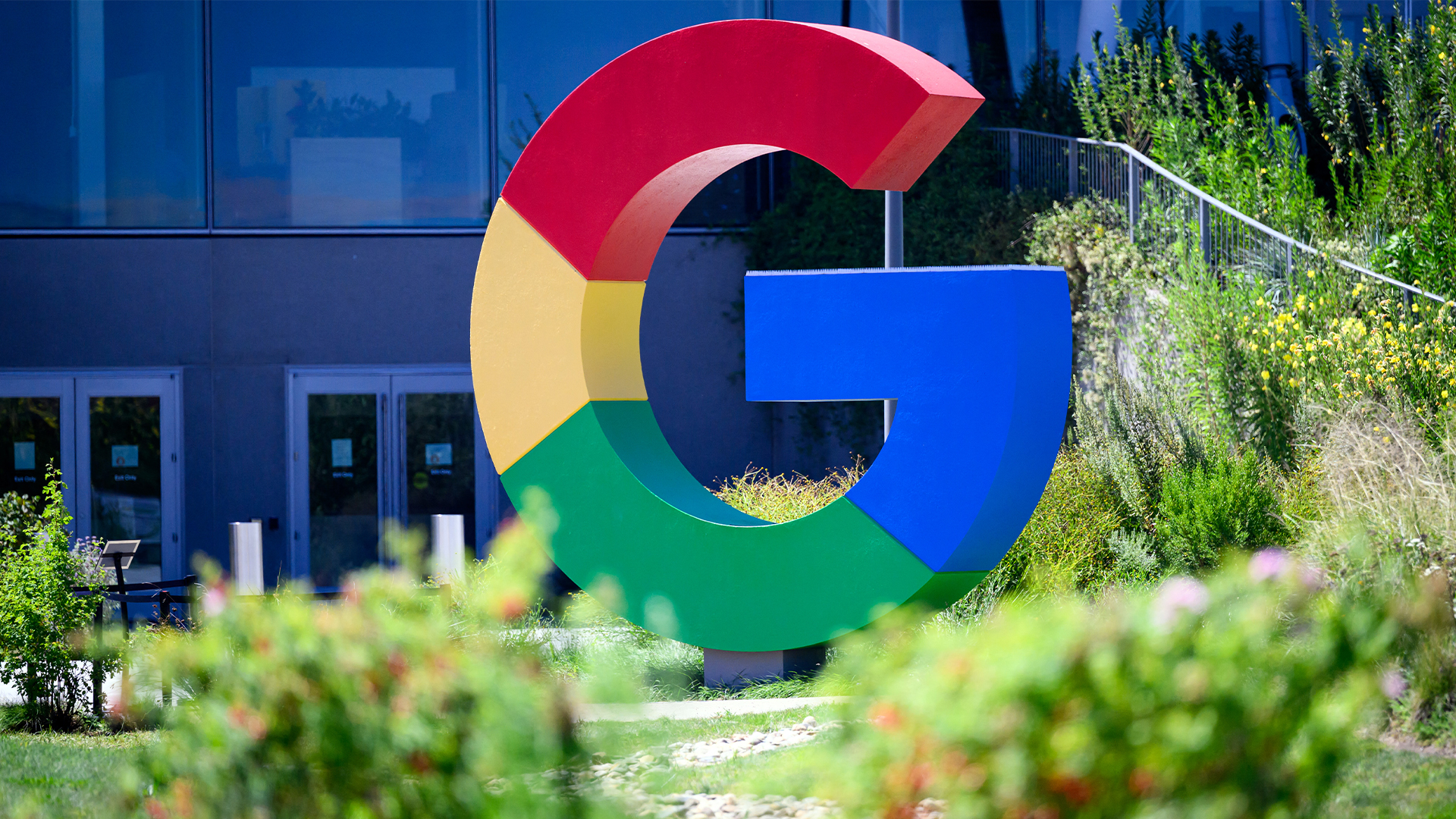Google's greenhouse gas emissions have skyrocketed in the last five years – and soaring AI energy demand is the main culprit
Google is struggling to balance long-term sustainability goals while keeping pace with key competitors in the generative AI race


Sign up today and you will receive a free copy of our Future Focus 2025 report - the leading guidance on AI, cybersecurity and other IT challenges as per 700+ senior executives
You are now subscribed
Your newsletter sign-up was successful
Surging data center energy demands have caused Google's greenhouse gas emissions to increase by almost half in the last five years, posing a major setback to the tech giant's sustainability goals.
The results of the tech giant’s annual environmental report show it’s struggling to balance reducing its emissions without giving up ground in the race to capture booming demand for AI services, which in turn require massive compute powered by energy-intensive data centers.
In light of this development, the company doused its “extremely ambitious” net-zero by 2030 target, adding that uncertainty around the environmental impact of AI continues to be “complex and difficult” to predict.
Google’s total GHG emissions stood at 14.3 million tons of CO2e in 2023, marking a 13% increase year on year, and a 48% increase compared to 2019 levels when the target was initially set.
“This result was primarily due to increases in data center energy consumption and supply chain emissions,” the report concluded.
Scope 2 emissions, the main source of which came from the electricity Google purchased for its data centers and offices, accounted for just under a quarter of the firm’s total GHG emissions.
Compared to 2022, these emissions increased by 27%, which Google said was the result of consumption outstripping its ability to get new carbon-free electricity (CFE) initiatives up and running, particularly in the US and Asia Pacific region.
Sign up today and you will receive a free copy of our Future Focus 2025 report - the leading guidance on AI, cybersecurity and other IT challenges as per 700+ senior executives
Google was clear the road to net-zero by 2030 will be difficult, acknowledging that as it pursues deeper AI integrations in its products, reducing emission will be increasingly challenging.
“As we further integrate AI into our products, reducing emissions may be challenging due to increasing energy demands from the greater intensity of AI compute, and the emissions associated with the expected increases in our technical infrastructure investment”.
But given these Scope 2 emissions are a result of the parts of its value chain that it has direct control over, Google said continuing to decarbonize these areas of its business will be a key focus of their sustainability activities.
Google’s not alone in AI sustainability woes
Google is far from the only hyperscaler falling foul of its lofty sustainability ambitions due to the new demand for AI tools, with Microsoft recently announcing its total carbon emissions rose by almost 30% since 2020.
Once again, data center expansion was identified as one of the primary causes for this marked increase in energy use. The firm’s sustainability report showed its carbon emissions grew by 29% amid a drive to expand its data center capacity to support its cloud and generative AI growth strategy.
Yet one notable difference is that Microsoft’s Scope 1 and 2 emissions, created as a direct result of its activities and indirectly from its facilities, were actually down in 2023 when compared to the 2020 baseline.
Scope 3 emissions, indirectly caused by other activities, such as construction work on new facilities, like data centers, were the main offender for Microsoft, accounting for over 96% of the firm’s annual GHG emissions.
These emissions rose by 30.9% over the course of 2023, highlighting they continue to be a problem sector for the company, which stated it would require a more unilateral approach across various sectors around the world.
“Tackling Scope 3 means decarbonizing industrial processes such as steel, concrete, and other building material production for use in our campus and data center construction, as well as jet fuel for business travel and logistics.”
Both companies have been on a tear of investments in new data centers and around the world, with research from Linklaters indicating the number of new deals involving data centers reaching a compound annual growth of 32% in 2023.
Google, Microsoft, as well as Amazon all announced major new investments in Japanese data centers over the last three years, with Microsoft also signing a power purchase agreement (PPA) with a local green energy company to provide clean power for its facilities in the region.
RELATED WHITEPAPER

More recently, Microsoft signed a $10 billion renewable energy agreement with US investment firm Brookfield in May 2024, making it the largest corporate renewable energy ever.
Google has also been active in trying to secure CFE for its cloud infrastructure, announcing it had started building a $1 billion data center to the north of London in January 2024, that will be powered using renewable energy generated at a Scottish offshore wind facility.
This deal built on a prior deal Google had in place with French energy firm ENGIE in 2022, that included a 100 MW PPA to provide it with over 5 TWh of clean energy from the Moray West wind farm in Scotland.
With this furious activity unlikely to slow down anytime soon, it would seem the hyperscaler’s ambitious net-zero goals are in serious jeopardy.

Solomon Klappholz is a former staff writer for ITPro and ChannelPro. He has experience writing about the technologies that facilitate industrial manufacturing, which led to him developing a particular interest in cybersecurity, IT regulation, industrial infrastructure applications, and machine learning.
-
 AWS CEO Matt Garman isn’t convinced AI spells the end of the software industry
AWS CEO Matt Garman isn’t convinced AI spells the end of the software industryNews Software stocks have taken a beating in recent weeks, but AWS CEO Matt Garman has joined Nvidia's Jensen Huang and Databricks CEO Ali Ghodsi in pouring cold water on the AI-fueled hysteria.
-
 Deepfake business risks are growing
Deepfake business risks are growingIn-depth As the risk of being targeted by deepfakes increases, what should businesses be looking out for?
-
 Google drops $4.75bn on data center and energy firm Intersect
Google drops $4.75bn on data center and energy firm IntersectNews The investment marks the latest move from Google to boost its infrastructure sustainability credentials
-
 What is a tensor processing unit (TPU)?
What is a tensor processing unit (TPU)?Explainer Google's in-house AI chips are the most notable alternative to Nvidia at the enterprise scale
-
 Google opens doors on UK data center ahead of Trump visit
Google opens doors on UK data center ahead of Trump visitNews The Waltham Cross data center opening comes alongside £5 billion in investment across the country
-
 Google just confirmed the location of its first small modular reactor
Google just confirmed the location of its first small modular reactorNews Developed by Kairos, Google's first small modular reactor will be located in Tennessee, with operations beginning in 2030.
-
 Google says it will pause AI data centers to help overloaded grids
Google says it will pause AI data centers to help overloaded gridsNews Agreements with two utility companies will reduce AI data center demand during peak consumption times
-
 Google emissions have surged 51% in five years – but it’s making solid progress in data center efficiency
Google emissions have surged 51% in five years – but it’s making solid progress in data center efficiencyNews While overall carbon emissions have increased significantly, the company is making solid progress in bolstering data center energy efficiency.
-
 Google is worried about AI power failures – so it wants to train electricians
Google is worried about AI power failures – so it wants to train electriciansNews Lost your job to AI? Google might have a new career opportunity for you
-
 Google shakes off tariff concerns to push on with $75 billion AI spending plans – but analysts warn rising infrastructure costs will send cloud prices sky high
Google shakes off tariff concerns to push on with $75 billion AI spending plans – but analysts warn rising infrastructure costs will send cloud prices sky highNews Google CEO Sundar Pichai has confirmed the company will still spend $75 billion on building out data centers despite economic concerns in the wake of US tariffs.